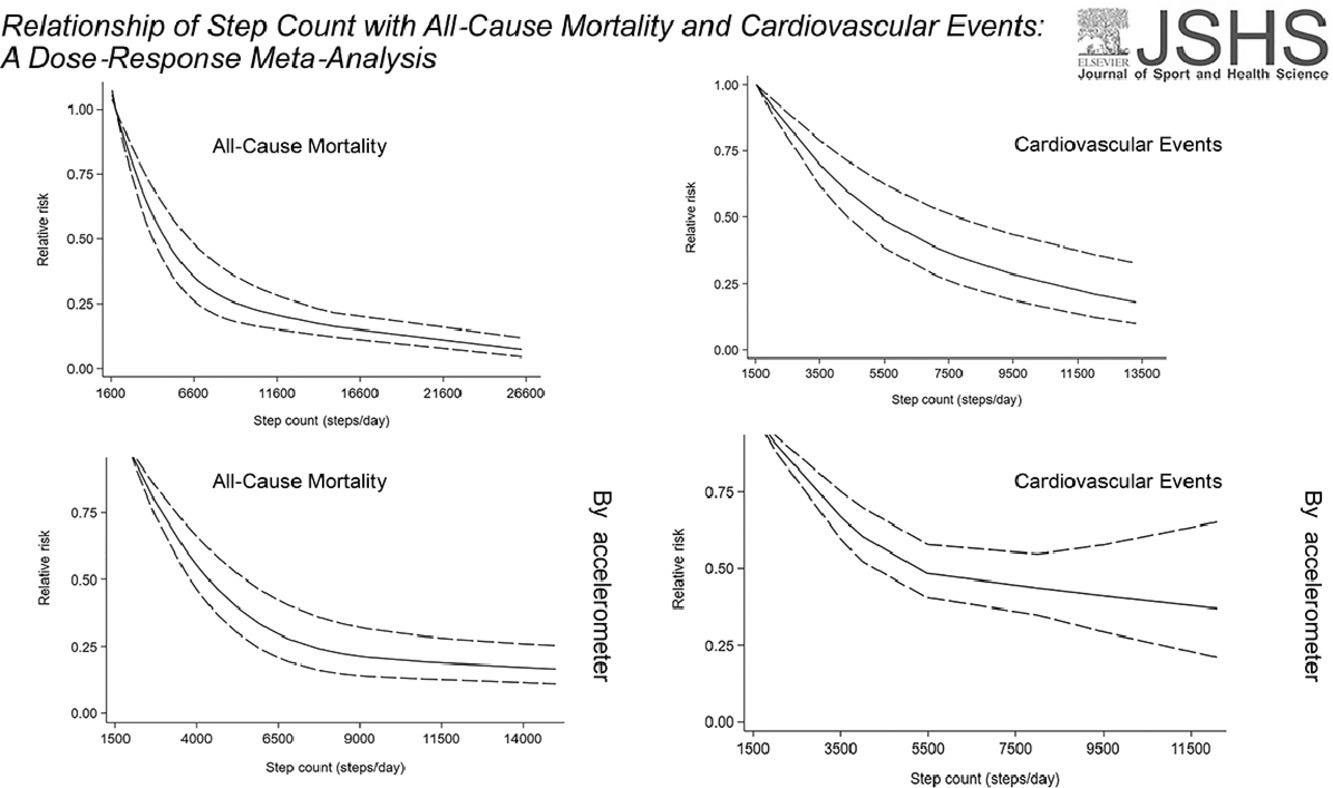One of the wonderful things about scientific literature is the interpretation (for better or for worse) from public media. Sometimes misinformation is spread, sometimes excellent analysis is made and other times it just points people to a healthier lifestyle! Today we debunk a misleading headline that fortunately led me down an excellent rabbit hole. I may have mixed emotions about the media outlet, but can only thank them for the inspiration.
A friend sent me an article asking for my opinion: Weight loss may mean a risk of death for older adults, study shows. It’s an interesting headline, and certainly grabbed my attention. I immediately dug in. First to understand what the author of the article wanted the primary takeaway to be. Second to dig into the source of the article, found here: Associations of Change in Body Size With All-Cause and Cause-Specific Mortality Among Healthy Older Adults. If you take nothing else away today, understand that you can always dig a little deeper to form your own opinions on a topic. Don’t even take my word for it! Look at the science and draw your own conclusions. Hopefully we learned that after the last 3 years (lol).
If going off of the headline alone, one may assume weight loss at an older age means higher risk of an early funeral! It even quoted the paper stating weight GAIN had no impact on mortality rates. The paper found that even a 5% weight loss is associated with an increase in mortality risk. With zero context, this is extremely concerning. What if my grandpa loses 20 pounds of fat, walks more, plays tennis, and eats cleaner? The article and study have no clue. They explicitly state “No questions were asked about changes in activity level and diet quality between the baseline study visit and subsequent study visits.”
If we look at the averages of just under 17,000 people over 70 years old it passes the common sense test as to why the 5% weight loss validated the statistical significance. If I were to guess, not many men are making massive lifestyle changes in their late 60s and 70s. Most men in that age are probably in long habits formed over a lifetime, and rapid weight loss in the 5-10%+ range is probably associated with a concerning illness, cancer, or something else that will lead to death.
My concern is not with these conclusions. They make sense, and certainly important to look out for as you age. It should be obvious that rapid weight loss could be dangerous and immediately inspire a visit to your health care provider given no other lifestyle changes. My concern IS with the lack of information around healthy weight loss and the adoption of a healthier lifestyle.
In present times, there seems to be a flood of “positive” information around being overweight or obese. This also makes sense. When a whopping 73.6% of US adults over 20 are overweight or obese (source) it certainly makes sense to appeal to the masses (no pun intended). The danger lies in spreading positivity around being overweight when the fact remains this condition puts your life in danger and significantly raises your risk of all-cause mortality. There is no fat shaming here. I do not care what you look like, and happiness should be independent of how others view you. On the other hand, being content with your current health is a concern. Body positivity can bleed into contentedness that only reinforces the lack of desire for the majority of the U.S. population to pursue a healthy lifestyle. There are enough obstacles in place that it should be easy and encouraged across the US to drop into a healthy weight range, increase your longevity, decrease risk of all-cause mortality, and reduce the burden on the medical system.
So what is the easiest way to drop weight if you fall into the majority? WALK.
I’ve read a massive amount of scientific literature over the last decade. One of my favorite graphs of all time comes from a meta-analysis of the relationship between step count and all-cause mortality published in the Journal of Sport Health and Science. Special emphasis on the top left graph.
Maybe a bit concerning I get this excited by a graph. It’s beautiful, simple, and telling. What more can you ask from a published article?
Growing up, I never thought walking “counted”. I thought it was too easy. Heading into college, the standard of 10,000 steps per day became more prominent. I tracked my steps and far exceeded that standard. Fat fled off, muscle was built, and increasing volume became easy. This is in terms of caloric expenditure, managing body weight, and improving my aerobic system.
The above graph tells a different story, however. The increase in steps did improve weight management and cardio, but also laid the foundation for a long, healthy life. I don’t aspire for a long life. I aspire for a HEALTHY life until the moment I die. These are different things. Being able to do everything I want on a daily basis plays a strong role in daily happiness. Walking is the basis of that. The curve absolutely tanks from around 2000 to 6,600 steps per day, with approximately a 50% reduction in risk of all-cause mortality.
Further on, the graph seems to approach an asymptote around 10% risk. Of course! Things happen, and maybe people who are incredibly active also put themselves in harms way in other methods…
The bottom line is walking is the easiest and most efficient tool to improve general health and longevity. It is unfortunate implementing a protocol involving increased step count wasn’t included in the article that started this write-up.
For most of us, we’re young. And now is the time to implement healthy practices across your life. Based on the previous essay I wrote, we really don’t have much time. Don’t delay and start walking. It has the lowest barrier to entry of anything you can do in your life.
Cheers ✌️





